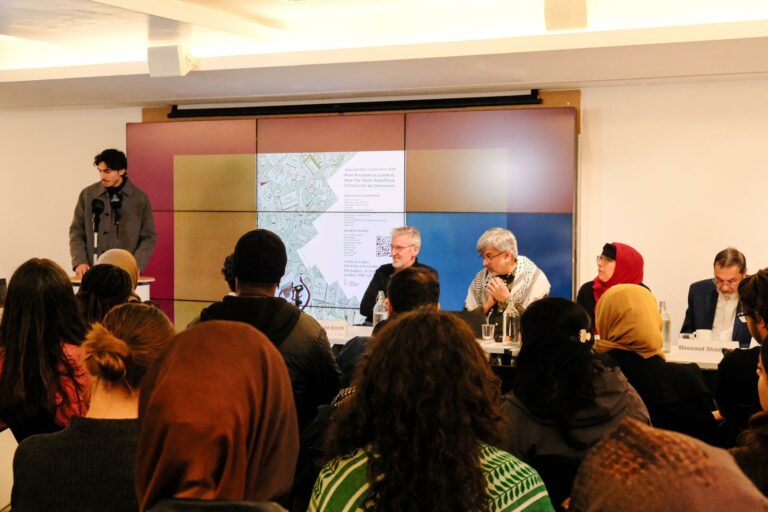Two Peoples – One State: The Binational Solution
Using the example of institutionalised racism in South Africa, the authors place the idea of a one-state solution within the context of the UN Charter and the Geneva Conventions. A two-state solution, with its concretisation of racist and colonial injustices, cannot allow for the development of Palestinian self-determination.






